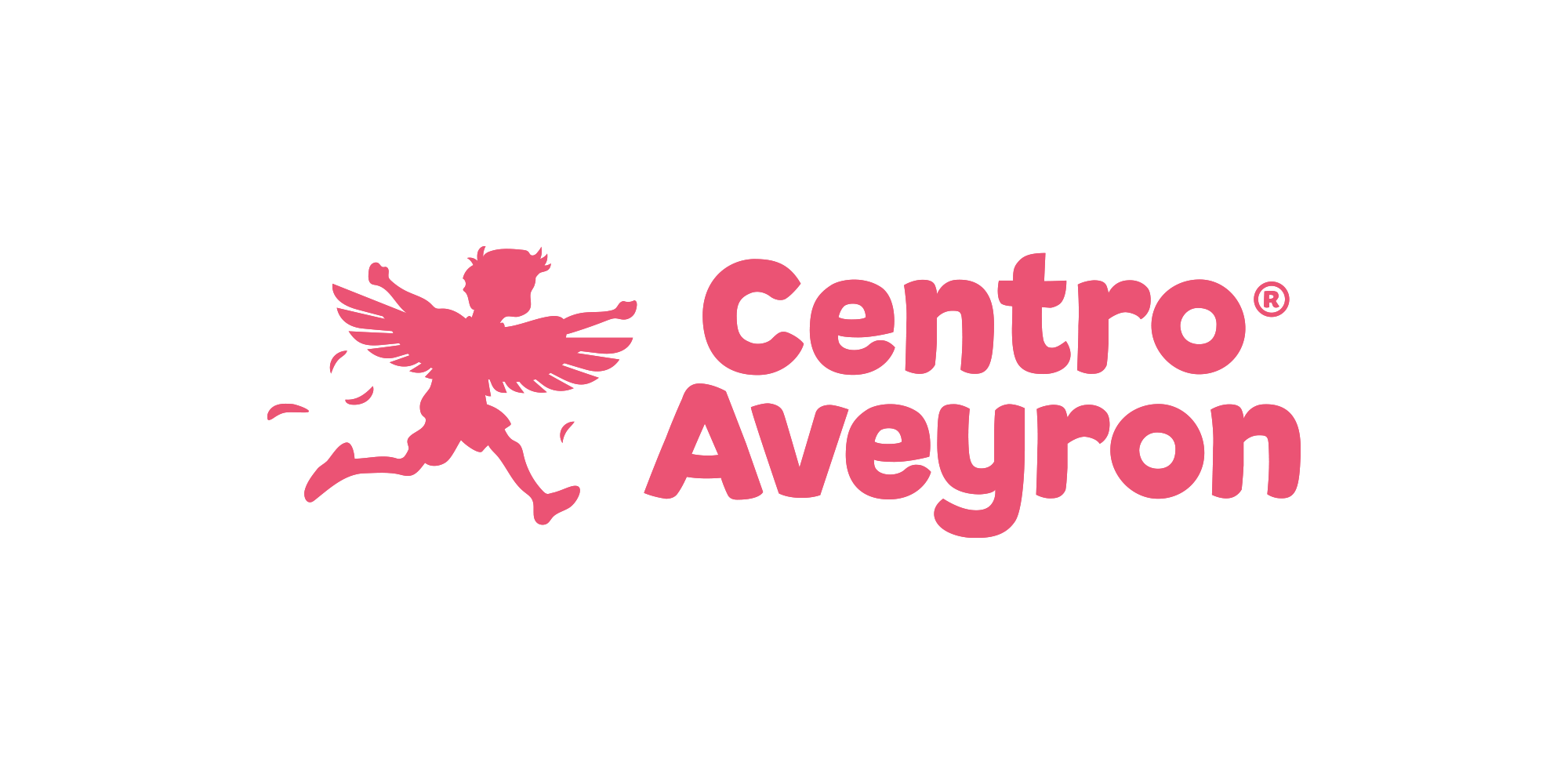Introduction to Information Blogs
An information blog serves as a hub for sharing knowledge, insights, and expertise on diverse topics. Whether focused on technology, health, or lifestyle, these blogs prioritize delivering value through well-researched content. Unlike traditional websites, information blogs emphasize content marketing to attract and retain audiences, making them essential for individuals and businesses aiming to establish authority in their niche.
Why Information Blogs Matter in Today’s Digital Landscape
In an era driven by digital trends, information blogs play a critical role in shaping public discourse and driving online engagement. They provide accessible, actionable content that helps users navigate complex subjects. As more people turn to the internet for solutions, maintaining a dynamic information blog ensures visibility and credibility in competitive markets.
Key Features of a High-Quality Information Blog
- Reliable, fact-checked content from credible sources
- Consistent publishing schedule to build reader trust
- User-friendly design with intuitive navigation for seamless online engagement
SEO Strategies for Information Blogs
Implementing effective SEO strategies is vital for boosting search engine rankings and attracting organic traffic. Focus on keyword research, optimizing meta tags, and creating shareable content. Integrating content marketing with SEO ensures your blog remains relevant to both search engines and readers.
Content Ideas for an Information Blog
- Trending topics aligned with current digital trends
- How-to guides addressing common questions in your niche
- Industry-specific analysis to position your blog as a thought leader
Monetization Techniques for Information Blogs
Monetizing an information blog requires strategic planning. Options include affiliate marketing, sponsored content, and selling digital products. For those seeking diverse revenue streams, platforms like https://winport-casino.com/ offer unique opportunities to align with brand partnerships while maintaining editorial integrity.
Tools and Platforms for Managing an Information Blog
- WordPress for easy content creation and management
- Canva to design visually appealing blog graphics
- Google Analytics to track content marketing performance and user behavior
Common Mistakes to Avoid When Starting an Information Blog
Many new bloggers overlook the importance of online engagement and digital trends in their strategy. Failing to update content regularly, ignoring SEO basics, or neglecting audience feedback can hinder growth. Always prioritize quality over quantity to maintain reader loyalty.
Trends Shaping the Future of Information Blogs
The rise of AI-driven content creation and interactive formats like podcasts and videos is transforming information blogs. Staying ahead of digital trends ensures your blog adapts to evolving reader preferences and technological advancements.
Engagement Strategies to Grow Your Information Blog Audience
- Host Q&A sessions to foster online engagement
- Use social media to share blog highlights and drive traffic
- Encourage comments and discussions to build a loyal community
Analytics and Metrics to Track for Your Information Blog
Monitoring metrics like page views, bounce rate, and conversion rates helps refine your SEO strategies. Tools like Google Analytics and SEMrush provide insights into audience behavior, enabling data-driven decisions for your content marketing efforts.
Optimizing Your Information Blog for Mobile Users
With over 50% of web traffic coming from mobile devices, ensuring your blog is mobile-friendly is non-negotiable. Use responsive themes, compress images, and minimize load times to enhance user experience across all devices.
Security Best Practices for Information Blog Owners
Protecting your blog from cyber threats involves using SSL certificates, updating plugins regularly, and securing login credentials. Prioritizing security builds trust with readers and safeguards your content marketing investments.
Building a Community Around Your Information Blog
Cultivating a community requires consistency, authenticity, and active interaction. Create forums, engage on social media, and leverage email newsletters to maintain online engagement and foster long-term relationships with your audience.

Comentarios recientes